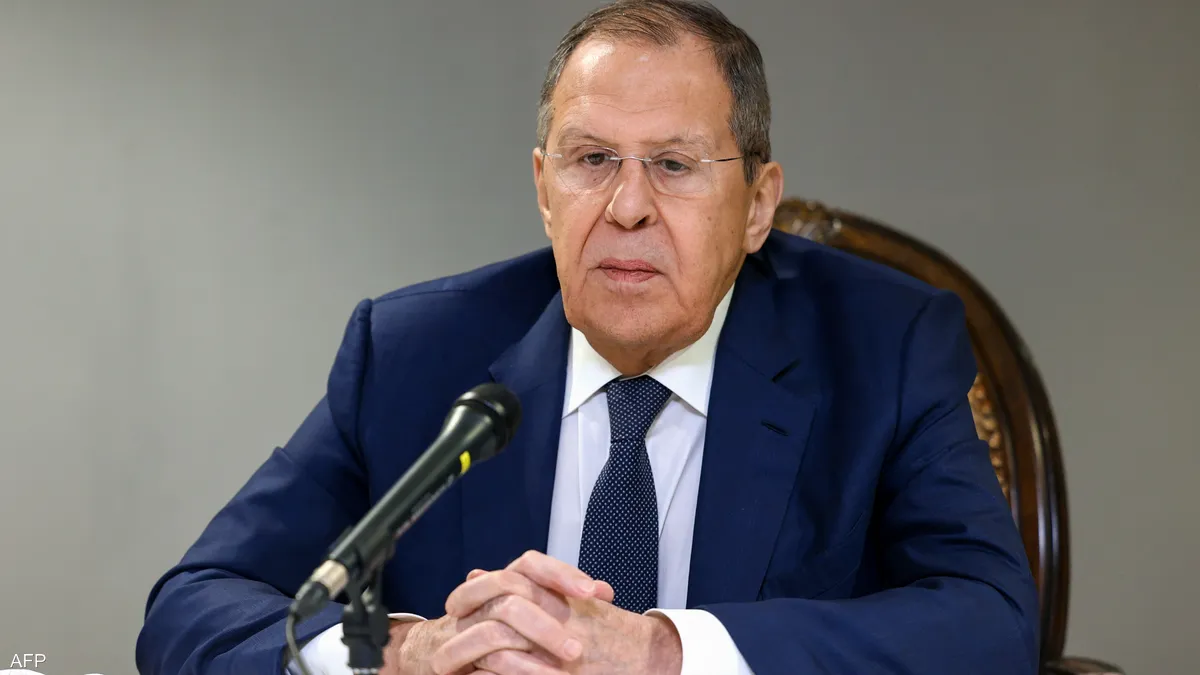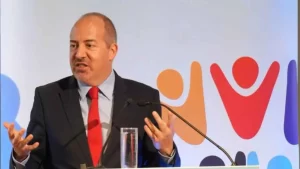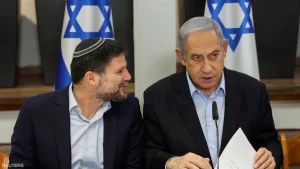Russia Sets “Essential” Condition for Resolving the “Ukraine War” Issue
On Monday, Russia announced that international recognition of its annexation of five Ukrainian regions, including Crimea, is an “essential” condition for any potential peace talks.
Russian Foreign Minister Sergey Lavrov stated in an interview with the Brazilian newspaper O Globo that “international recognition of Russia’s ownership of Crimea, Sevastopol, and the Donetsk and Luhansk People’s Republics, along with the regions of Kherson and Zaporizhzhia, is indispensable for resolving the Ukraine war.”
Lavrov added, “Dialogue between Russia and the United States regarding a settlement in Ukraine is ongoing, and we hope for mutually acceptable results.”
On the other hand, the Kremlin spokesman confirmed that, as far as direct negotiations with Ukraine are concerned, Moscow is still awaiting a “signal” from Kyiv to resume talks.
He also pointed out that dialogue between Russia and the United States on the Ukrainian issue is still continuing, with hopes of reaching acceptable results for both sides.
He emphasized that “U.S. efforts to advance the peace process in Ukraine continue,” adding that Moscow had expressed readiness for dialogue to achieve a peaceful settlement.
Regarding a possible conversation between Russian President Vladimir Putin and U.S. President Donald Trump, the Kremlin stated that there are currently no scheduled talks, but “they could be agreed upon at any moment if needed.”
U.S. Pressure
U.S. Secretary of State Marco Rubio has escalated pressure on both Ukraine and Russia to reach a peace agreement.
In a television interview on Sunday, Rubio stated, “This week will be extremely important, as we must decide whether the effort we are involved in is worth continuing, or if it’s time to focus on other issues that are just as important, if not more important,” referring to Washington’s role as a mediator.
However, Rubio declined to give a specific answer when asked about the deadline for Kyiv and Moscow to reach an agreement, saying it would be “foolish” to set a deadline.
Regarding the possibility of reaching an agreement, Rubio said the goal has not yet been achieved, adding, “There are reasons for optimism, but there are also reasons for realism. We are close, but not close enough.”
He continued, “We have made real progress, but the last steps of this journey have always been the hardest.”
Rubio stressed that the United States cannot continue dedicating time and resources to these efforts if they do not lead to a successful outcome.





















